[SOURCE: San Antonio Express-News, AUTHOR: Victor Landa] Net neutrality has become the new digital divide. You remember the divide: When the Internet was new, we worried how Web access would widen the gap between those who could afford it and everyone else.
The consensus was that minority communities could not afford computers or access to the Internet so they would be left behind. We don't talk about the digital divide as much as we used to. Part of the reason is that minorities are using their mobile phone devices to access the Web to find and share news and information.
According to a study done by the Pew Internet and American Life Project, almost two-thirds of African-Americans (64 percent) and Latinos (63 percent) are wireless users of the Internet, and minorities are more likely to own cell phones than are their Anglo counterparts (87 percent of African Americans and Hispanics own cell phones, compared with 80 percent of Anglos).
More and more, Latinos go online with their cell phones because it's affordable.
What does this have to do with Net neutrality? The idea of Net neutrality is as old as the Internet. It means the Internet and the information that flows through it should be available to everyone. No one should have different or better access to the Web.
There are some large corporate Internet providers who feel that because they own the spigot through which we get the Internet, they should have the option to charge more for certain types of content. So faster speeds for video, for instance, would cost more money.
This idea is backed by free market proponents, who say the market will take care of any needed adjustments. But it's an idea that takes the neutrality out of the Net. The Internet would become different for different people, depending on their ability to pay for it.
The Federal Communications Commission has decided it has the legal wherewithal to regulate in favor of a neutral Net. But big business can't see it. Corporate communications giants want to regulate the Web themselves and increase their profit margins in the process.
A problem with that is the idea that business should not have the authority to regulate itself. Another problem is that the leveling effect of the Internet would be lost if access were a matter of income.
There are reports that Google and Verizon have cobbled together a compromise they intend to present to the FCC.
In this plan, regular Internet access would remain untouched, but wireless access would not. So content over smart phones would be subject to special costs. And this would adversely affect those who depend on affordable wireless technology to access the information that flows through the Internet.
Any plan that would charge a premium for certain cell phone Internet content would affect African Americans and Latinos more than any other group of Internet users. It's a bad idea that should never see the light of day.
]]>